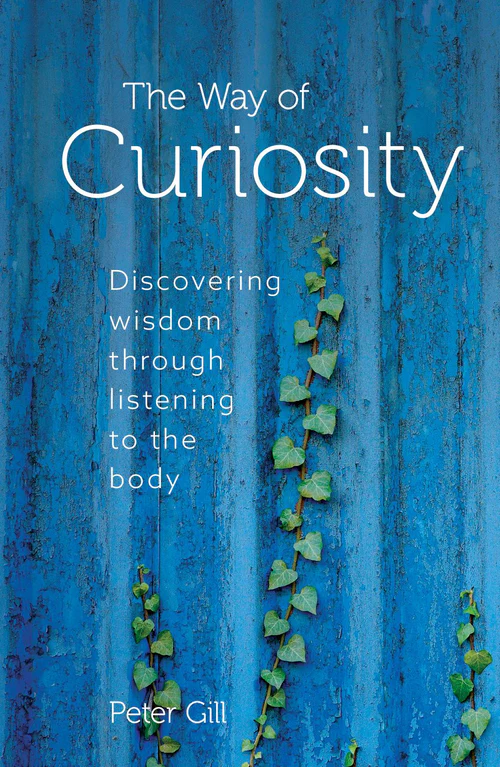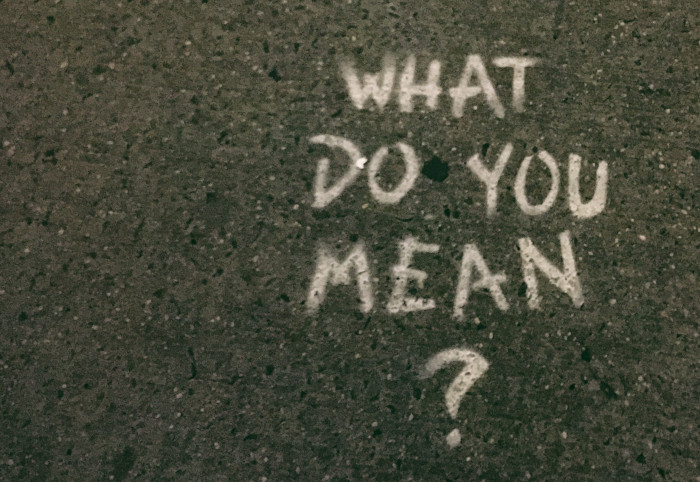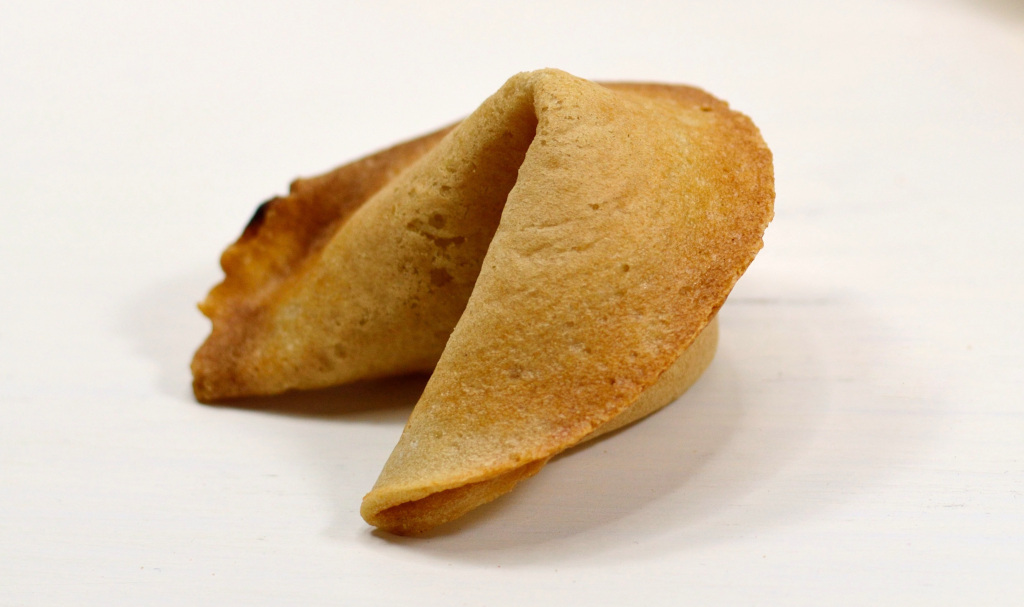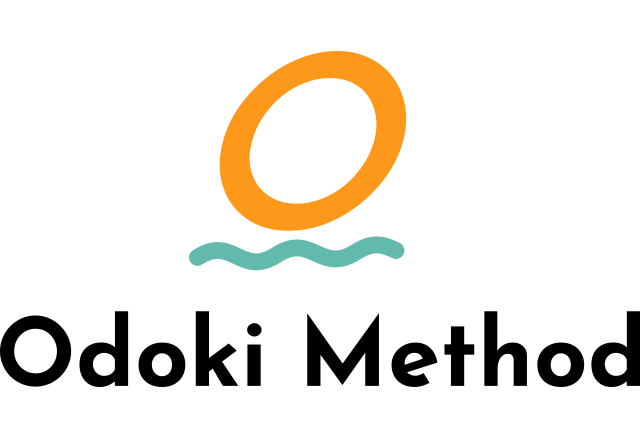
A core Buddhist teaching is that of “no self”. It suggests that while we may feel like we have a fixed persistent self, or soul - this is not actually true - we don’t have one.
read more
A core Buddhist teaching is that of “no self”. It suggests that while we may feel like we have a fixed persistent self, or soul - this is not actually true - we don’t have one.
read more
Some while ago, in Buddhism and Direct Pointing, I touched on the Buddhist Ten Fetters teaching, that has proven itself to be both profound and life-changing for many in recent times. The Odoki Method, draws heavily on this, while adding supporting practices to make inquiry into the Ten Fetters even more impactful.
read more
The Odoki Method draws on the Buddhist Ten Fetters teaching. In the Odoki Method, the Stage 4 inquiry tackles “reactivity”, particularly how to fundamentally undermine our ability to react. This is drawn from the insights in Ten Fetters of the fourth and fifth fetters of desire and ill will.
read more
In my previous post, I mentioned how I have been enjoying using the “felt sense” in my guiding work with clients. This was never specifically intended to be a part of the Odoki Method - it just turned out to be extremely useful in the preparation stages of the Method.
read more
Over the last month or so particularly, working with between 15 and 20 people each week, doing inquiry work with them, I have been struck by the value of the “felt sense”.
read more
As we develop and clarify the Odoki Method, one term that has become clearer is “inquiry” - describing a practice that an individual undertakes to discover more about themselves and bring about meaningful change.
read more
In my last post, I noted how I was changing gear, and planning on focusing on the Odoki Method. In this post, I want to mention progress so far, which is kind of hard to believe.
read more
In Prediction Error Minimisation theory, a key reason for the brain to work hard to avoid a prediction error, is because a prediction error is costly. It has a metabolic cost - the brain has to provide the energy required to reorganise itself to accommodate the newly perceived information.
read more
After reading about Prediction Error Minimisation in Lisa Feldman Barrett’s How Emotions are Made, I have been finding it explains more and more, and have been using it effectively in a range of therapeutic scenarios. After sharing my take on PEM, I know it is also being used in therapeutic contexts around pain and sleep disturbance.
read more
When we experience something unpleasant, it is common to ask ourselves why this is happening. Many forms of counselling ask this question.
read more
This week I’ve been visiting my parents. I decided to attend a local Kung Fu class (I’ve been learning Kung Fu myself for the last couple of years).
read more
Whilst I have been having great success with the exercises that I referenced in my previous post, there is one context in which this approach does not appear to work.
read more
I have just uploaded some new content to the Odoki Method site. This content details some of the exercises I’ve been using with clients. I continue to be surprised with how well these exercises work. A common refrain I hear is, “I have never seen it that way before”.
read more
My approach to meditation has always had a flavour if inquiry about it. However, discovering Liberation Unleashed (LU) showed me a more concrete and deliberate approach to inquiry.
read more
Over the last decade, I have been exposed to, and benefitted from some substantial, even life changing practices. A natural response to this is to want to share it with others, as many people in my position go on to do.
read more
In the summer of 2021, I read my way through How Emotions are Made, by Lisa Feldman Barrett. It was something of a shock to my system. The ideas presented there were startling in their clarity, but surprisingly, startling in their similarity to what I had witnessed in terms of practices aimed at Awakening.
read more
Over the last four months, I have developed the materials at https://odoki.com and I have led two concurrent cohorts through the first course. This has at least validated the materials at the simplest level: do they work at all, for at least some candidates?
read more
In my last post, I shared my fundamental question:
Why can some see these benefits, while others struggle, while yet others don’t even try because they don’t believe it is possible.
read more
Receive updates when I have something meaningful to share.